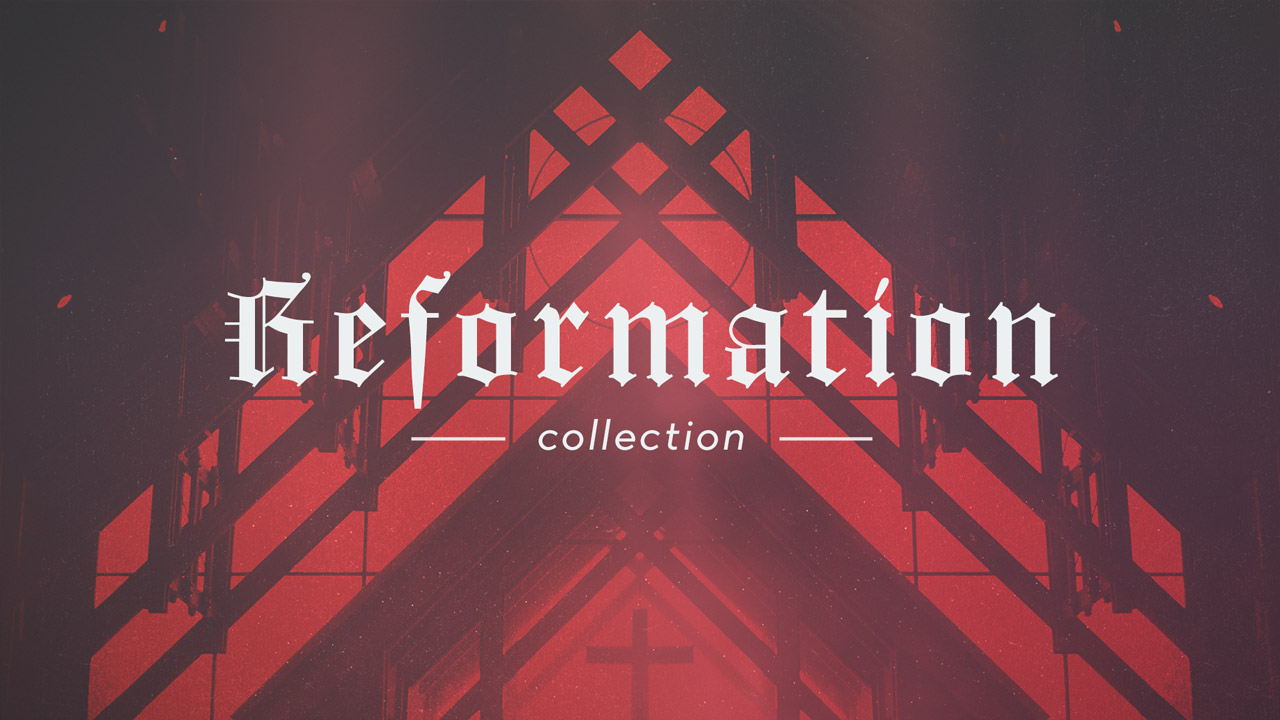

Luther’s objection to the doctrine was based on his reading of the letters of St Paul from which he concluded that no performance of rituals nor acts of piety could guarantee salvation and that no intermediary authority, priest, bishop, or pope of the church could stand between a human being and God. In the later Middle Ages indulgences became connected to the doctrine of purgatory, an in-between place in the afterlife where the souls of those who died in state of venial sin could be purged by the prayers and good works of the living.

Indulgences were grants of a remission of punishment for sins committed. Chief among these was the church doctrine on indulgences. The English Reformation was part of a European-wide phenomenon to reform the church which began in 1517 when legend has it that the German monk and theologian Martin Luther nailed 95 theses (propositions for discussion) to the door of the castle church at Wittenberg to be debated publicly.

Originally published by Newberry Digital Collections for the Classroom, , Newberry Library, republished with permission for educational, non-commercial purposes. This broadsheet depicts the early Reformation of the Christian Church as a prophetic dream of Friedrich III, often known as Frederick the Wise, the canny Elector of Saxony.


 0 kommentar(er)
0 kommentar(er)
